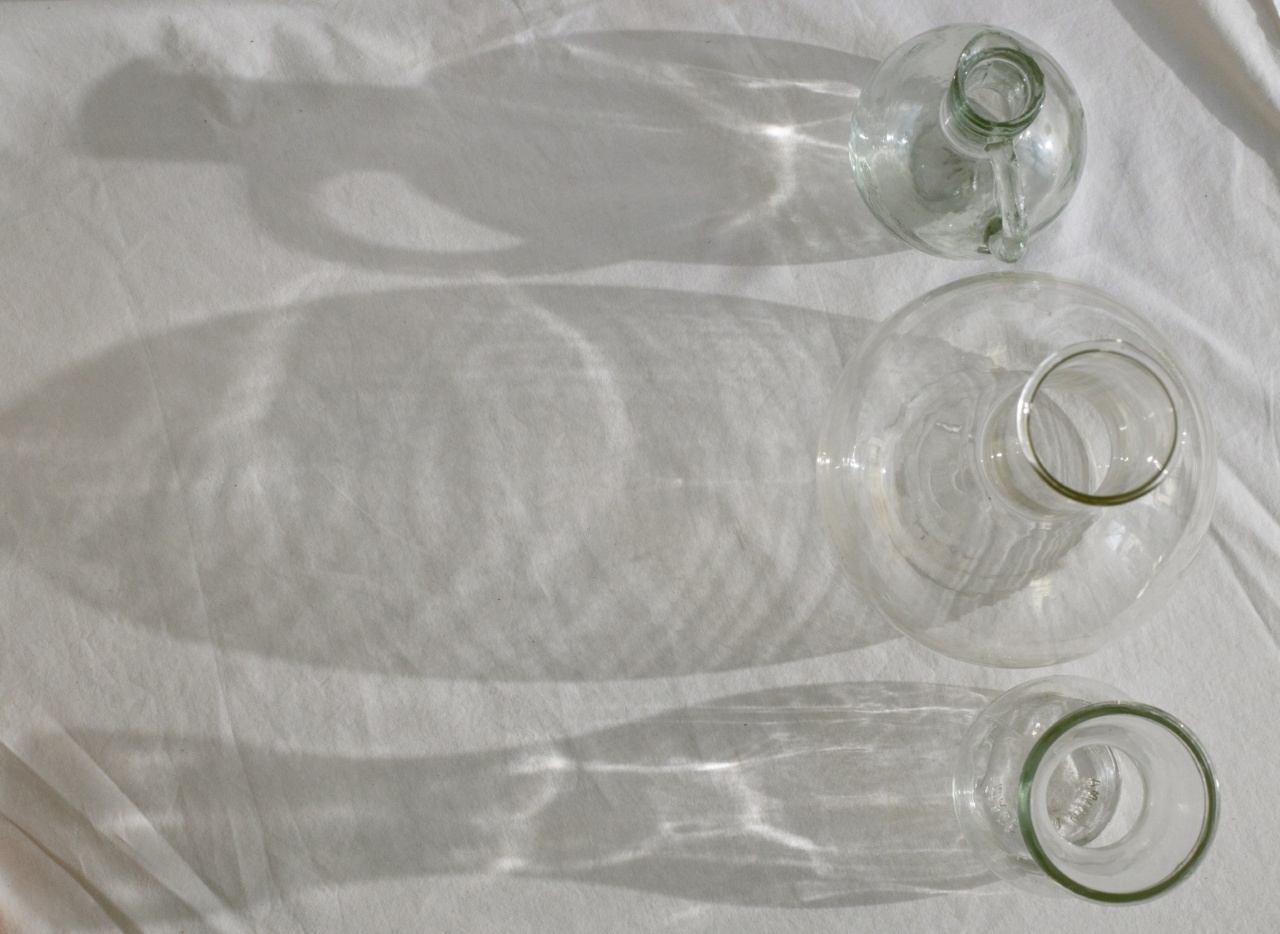Many people rely on a morning cup of coffee to wake them up and start their day. Coffee is known for its ability to increase alertness and combat fatigue.
However, have you ever noticed that after a while, you start feeling drowsy again? This phenomenon might seem counterintuitive, considering that coffee contains caffeine, a stimulant known for its ability to keep you awake. In this article, we will delve into the science behind coffee’s drowsy effect and explore why it happens.
The Sleep-Wake Cycle
Before we can understand why coffee can make us drowsy, we need to explore the intricacies of our sleep-wake cycle. Our bodies naturally follow a circadian rhythm, a roughly 24-hour cycle that regulates our sleep and wakefulness.
This rhythm is influenced by various factors, including light exposure, hormones, and internal body temperature.
At specific times during the circadian rhythm, our bodies release certain hormones that either promote wakefulness or induce sleep. For instance, in the morning, our cortisol levels rise, providing us with energy and alertness.
Conversely, as the day progresses and evening sets in, our bodies start releasing melatonin, a hormone that prepares us for sleep.
Adenosine and the Sleep Process
Adenosine, a neurotransmitter, plays a crucial role in regulating our sleep-wake cycle. Throughout the day, adenosine gradually accumulates in our brains, binding to specific receptors and promoting sleepiness.
The longer we stay awake, the higher the levels of adenosine in our system, making us feel progressively drowsy.
When we sleep, adenosine levels decrease, enabling us to wake up feeling refreshed. However, once we wake up, adenosine starts accumulating again, leading to drowsiness.
This adenosine sleep-drive is the primary factor responsible for our desire to sleep after being awake for an extended period.
The Role of Caffeine
Caffeine, the key active component in coffee, can temporarily alleviate drowsiness by blocking adenosine receptors in the brain. By doing so, it inhibits the buildup of adenosine and promotes wakefulness.
This is why many people turn to coffee to help them stay awake and focus.
However, caffeine’s effects are not long-lasting. While it can block adenosine receptors and mask the feeling of drowsiness, it doesn’t eliminate the adenosine itself.
As a result, once the caffeine wears off, the adenosine starts binding to its receptors again, leading to the resurfacing of drowsiness.
Tolerance and Withdrawal
Regular coffee consumers often develop a tolerance to caffeine. This means that over time, the effects of caffeine on adenosine receptors become less pronounced.
As a result, individuals who consistently drink coffee may find it less effective in combating drowsiness.
Addiction and withdrawal can also exacerbate the drowsy effect. When someone who regularly consumes caffeine suddenly stops, they may experience caffeine withdrawal symptoms, which include fatigue and drowsiness.
In such cases, the absence of caffeine can accentuate the drowsy sensation.
Interaction with Sleep Disorders
For individuals who already struggle with sleep disorders or disturbances, such as insomnia or sleep apnea, coffee’s drowsy effect can be more pronounced.
These individuals generally have difficulties falling asleep or staying asleep, and coffee can amplify these problems by interrupting their sleep-wake cycle.
Coffee consumed late in the day can delay sleep onset and reduce the overall quality of sleep.
Even if you manage to fall asleep, the stimulating effects of caffeine can disrupt the deep and restorative stages of sleep, leaving you feeling groggy and tired the next day.
Individual Differences
It’s important to note that the effects of coffee on sleep and drowsiness can vary from person to person.
Some individuals may be more sensitive to caffeine’s stimulating effects and experience increased alertness without significant drowsiness later. On the other hand, some individuals may have a slower metabolism for caffeine, resulting in a longer-lasting drowsy feeling after consuming coffee.
Genetics, age, weight, overall health, and personal caffeine habits all play a role in how coffee affects an individual’s sleep-wake cycle.
It’s essential to pay attention to your body’s cues and adjust your caffeine consumption accordingly to optimize both alertness and sleep quality.
Other Factors Influencing Drowsiness
While coffee and its role in adenosine blocking undoubtedly play a significant part in drowsiness, it’s not the only factor at play. Other lifestyle choices and environmental factors can also contribute to feeling drowsy throughout the day.
For example, inadequate sleep duration or poor sleep quality can make you naturally drowsy, regardless of your coffee consumption.
Stress, lack of physical activity, certain medications, and underlying health conditions can also contribute to excessive daytime sleepiness.
Tips for Balancing Alertness and Sleep
If you find that coffee’s drowsy effect is interfering with your daily activities or sleep quality, there are strategies you can employ to strike a better balance:.
- Limit your caffeine intake: Be mindful of how much coffee (or other caffeinated beverages) you consume and try to limit your intake, especially in the afternoon and evening.
- Avoid caffeine close to bedtime: Give yourself a few hours between your last cup of coffee and bedtime to allow caffeine to wear off and ensure a more restful sleep.
- Establish a consistent sleep routine: Going to bed and waking up at consistent times helps regulate your sleep-wake cycle, making you feel more alert during the day.
- Create a sleep-friendly environment: Ensure your bedroom is dark, quiet, and at a comfortable temperature to promote deeper and more restorative sleep.
- Practice relaxation techniques: Engaging in activities such as meditation, deep breathing, or listening to calming music before bed can help you wind down and improve sleep quality.
By implementing these strategies, you can strike a healthier balance between alertness and sleep, ensuring that coffee’s drowsy effect doesn’t disrupt your daily life.






























